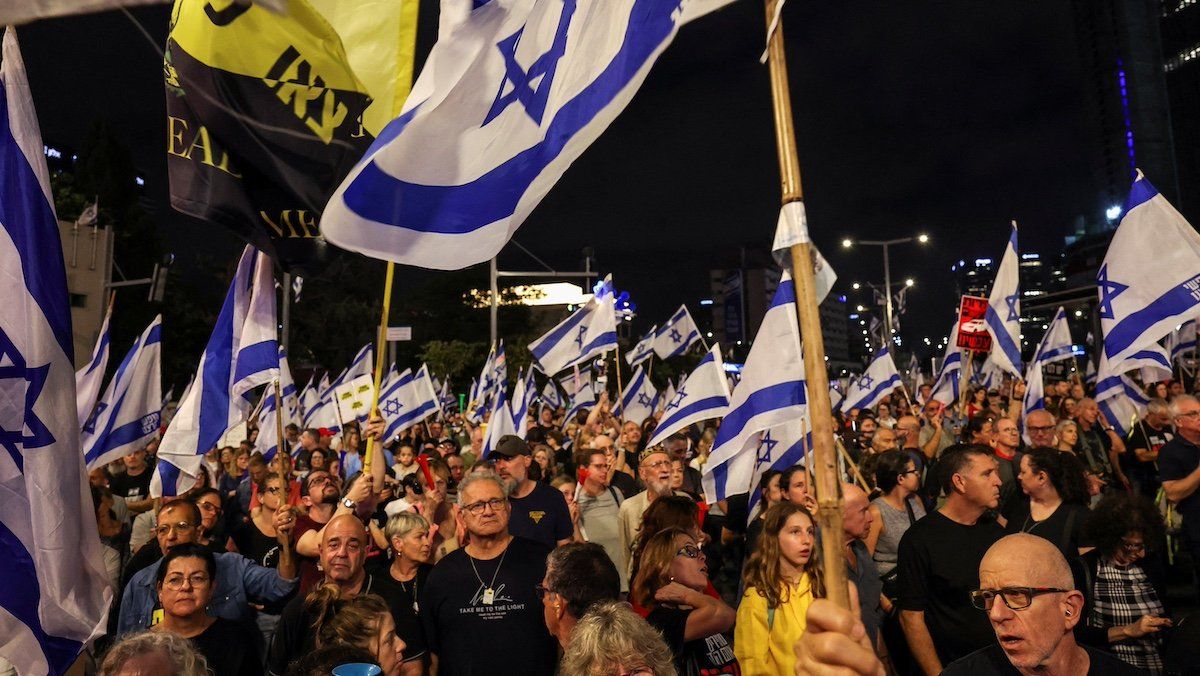Some Israeli officials reportedly believe the International Criminal Court is preparing to issuearrest warrants for high-ranking Israeli officials and Hamas operatives. While such warrants may not ever result in a trial, they may be seen as another moral rebuke of Israel.
Neither the court nor Prime Minister Benjamin Netanyahu’s office have commented, but Bibi did warn last week against ICC interference that “would set a dangerous precedent that threatens the soldiers and officials of all democracies fighting savage terrorism …”
US Secretary of State Antony Blinken, meanwhile, is in Saudi Arabia on Monday and Tuesday for a World Economic Forum meeting, where he will discuss another cease-fire and hostage release deal for Gaza. The hope is to reach an agreement before Israel launches a ground operation in Rafah, which is expected soon unless Hamas accepts a deal.
While a cease-fire could stem hostilities, Saudi Foreign Minister Prince Faisal bin Farhan says only “a credible, irreversible path to a Palestinian state” will prevent a repeat of the current situation. This echoes recent Hamas statements, but a two-state solution is a non-starter for Netanyahu.
